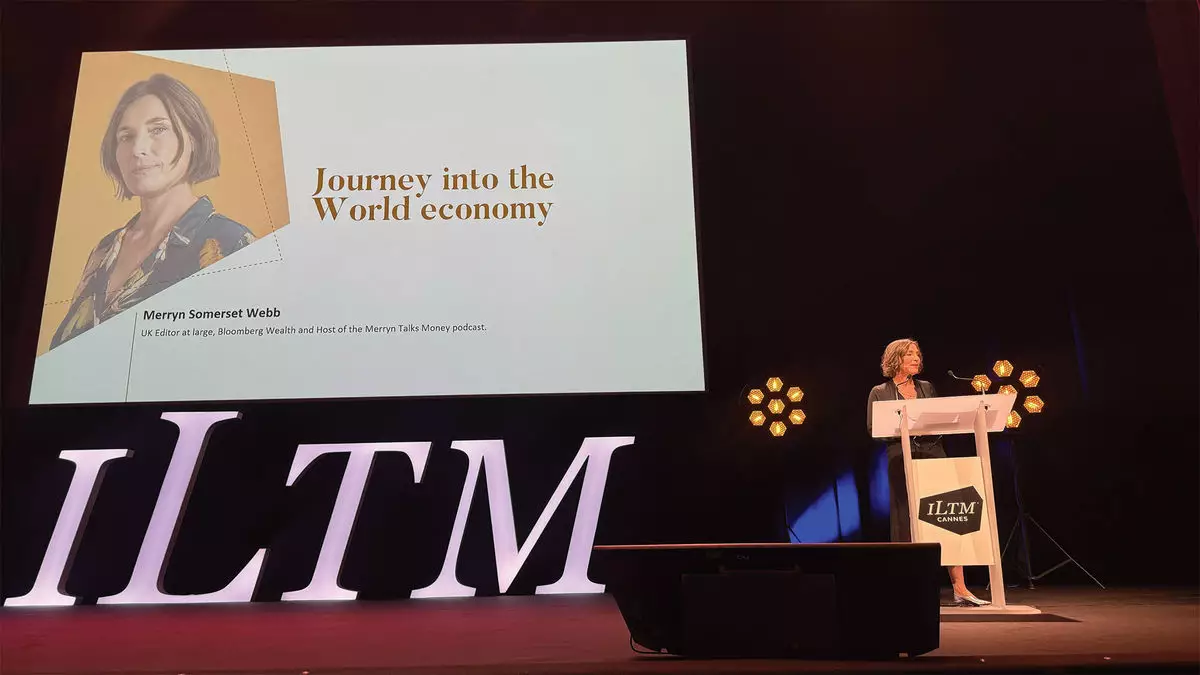The luxury travel sector has demonstrated remarkable resilience, overcoming challenges and evolving dramatically in recent years. Despite concerns that its meteoric rise may now be waning, industry insiders suggest that a series of favorable trends will sustain its growth trajectory. The discussions at the International Luxury Travel Market (ILTM) in Cannes spotlighted not just the hurdles the industry faces but also the promising opportunities that may shape its future in the coming years. With various factors at play, luxury travel is rumored to morph—tailored to satisfy an evolving clientele that values unique experiences over traditional affluence.
Global challenges, such as geopolitical tensions, demographic shifts, and rising defense expenditures, often overshadow optimistic projections for sectors like luxury travel. During the Opening Forum of ILTM, notable speakers such as Merryn Somerset Webb highlighted that awareness of these developments is crucial for stakeholders. However, she also pointed towards key tailwinds. One of the most significant transformations is the generational shift in consumer behavior post-pandemic. The proclivity of younger generations to prioritize experiences over material possessions suggests a robust demand for luxury travel that bridges this divide. The anticipation of a massive wealth transfer from baby boomers—encompassing an astounding $72 trillion—sets the stage for this transformation. This influx of resources stands to invigorate spending in luxury travel, indicating potential growth rates well above that of global GDP.
Significant shifts are occurring in traveler demographics, which has prompted luxury brands to rethink their offerings. For example, Alex Schellenberger from Mandarin Oriental underscored the emergence of a new affluent demographic dubbed the “Trust Fund Young-Gen.” This group seeks experiences that cannot simply be purchased; they crave curated, meaningful adventures. Similarly, insights from Tina Edmundson of Marriott International reveal that millennials and Gen Z comprise an ever-increasing share of the luxury market, projected to dominate by 2030. With these populations expressing a desire for adventure travel and a connection to nature, brands like Marriott are adjusting their strategies to offer unique accommodations such as tented camps in wilderness settings.
This shift necessitates a move away from a product-centric approach focused solely on opulence, toward a more experience-oriented mindset that resonates with contemporary desires. The luxury consumer of today is not only discerning but also eager for authentic engagement with the destinations they visit.
The luxury travel landscape is also experiencing a shift in marketing strategies to better captivate younger travelers. Collaborative initiatives have been at the forefront of this trend. For instance, Marriott’s partnerships with brands like Blade and Saks Fifth Avenue are innovative efforts demonstrating how luxury can be redefined through collaboration. These partnerships not only enhance the travel experience but also broaden the definition of luxury in a marketplace increasingly populated by aspiring luxury consumers—many of whom do not meet the traditional high-net-worth benchmarks yet are willing to spend considerably on travel.
Edmundson pointed out that a significant percentage of travelers with a net worth under $1 million are eager to engage with luxury brands, illustrating how the market is expanding to accommodate these new entrants. This democratization of luxury is reshaping expectations around how travel brands engage with guests, reinforcing inclusivity and accessibility in luxury offerings.
Recent financial metrics lend further credence to the optimism surrounding luxury travel. According to Matthew Upchurch of Virtuoso, the network experienced a 14% increase in annual sales, with substantial growth observed in the ultra-high-end segment. This momentum signals that affluent consumers are not just returning to travel; they are investing heavily in exceptional experiences. Other luxury providers, such as The Leading Hotels of the World, reported consistent revenue growth and passenger bookings for the future, illustrating the sector’s strong recovery and the appetite for luxury engagements is more profound than ever.
The luxury travel landscape is evolving at an impressive pace, influenced by sociocultural shifts and an influx of generational wealth. Leaders in the industry are not only responding to the rising demand for curated experiences but are also adapting their strategies to ensure relevance to a diverse and aspirational audience. While market disruptions have occurred, they frequently serve to strengthen the sector rather than hinder it. As travel continues to gain momentum, it will remain essential for luxury brands to embrace innovation and redefine their approaches to consumer engagement, ensuring they cater to the increasingly discerning luxury traveler of today and tomorrow.


Leave a Reply